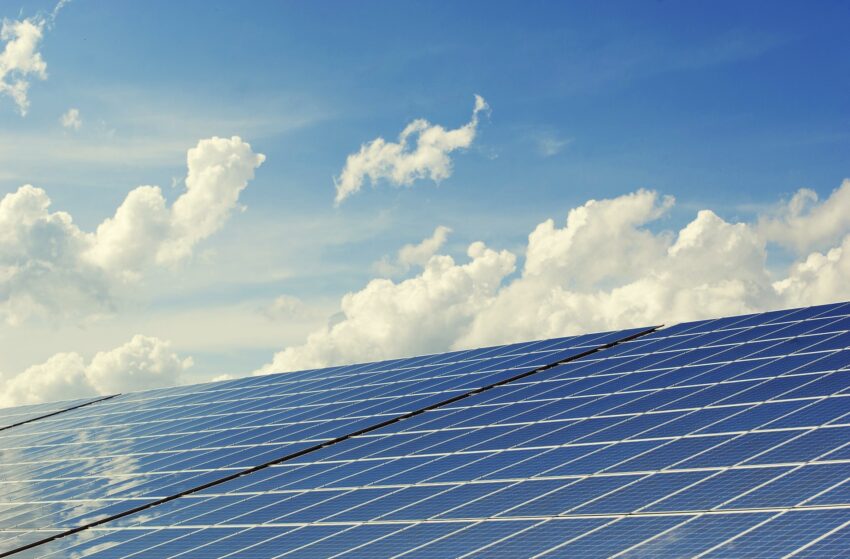If you want to install solar panels in your home, you may wonder whether they will make your electricity bill cheaper. This article will discuss the costs of installing solar panels, the available tax credits, and the savings that can be gained from net metering. Shopping around for the best deals and incentives is important if you decide to install solar panels in your home.
Cost of Solar Panels
With the current high cost of electricity, installing solar panels could be an affordable way to save money on your monthly bills. The estimated solar savings of an average American family is around $1,450 per year on electricity. The cost of grid energy has increased on average by 2.79% per year in the last 20 years and is expected to continue to rise. According to the U.S. Energy Information Administration, electricity costs will increase by another 2.54% between 2022 and 2023, and the national average will rise to 17.0 cents per kWh.
The cost of solar panels varies widely, depending on the type of system you install and the size of your home. Approximately half of the cost of solar panels is for equipment fees. This includes solar panels, mounting hardware, inverter, batteries, metering tools, cables, and wiring. The larger the system, the more equipment it will require. There are also operational costs, including monitoring and inspections.
In addition to making your electricity bill cheaper, installing solar panels can increase your home’s value and help reduce your carbon footprint. Solar panels also reduce your electricity bills by generating electricity and selling the excess energy back to the grid. This process creates credits that offset the cost of additional energy. However, the amount of savings depends on how much electricity you produce.
Tax Credits
Tax credits for solar panels can make your electricity bill cheaper when you install them on your roof. Under these incentives, you’ll be paid a per-kilowatt-hour credit for the extra power you produce. You can also apply for subsidized loans through your state, local utility, or nonprofit organization. A solar installer can help you find out about these programs.
The tax credit you receive will vary depending on your solar panel system size, how much sunlight you have, and the rate of electricity in your area. However, it can be as much as 30% of your total system cost. This tax break is available to all taxpayers in the U.S. so that you can benefit no matter your income level.
There are two types of tax credits for solar panels. First, you can claim tax credits for energy efficiency improvements to your home. These incentives are not refundable and must be used to offset your tax liability. Second, you can carry forward any credits you don’t use in one year to future years.
Savings on Electricity Bill
A solar energy system can reduce your electric bill significantly. In North Dakota, the cost of electricity is cheap, making solar panels an affordable investment. A typical family can save more than $9,000 over the lifetime of a solar panel. In twenty-five years, the average household can save more than $23,000, which will more than cover the cost of a solar panel.
The upfront cost of solar panels is low, and you can also find a solar loan. Purchasing a solar panel system with cash upfront will help you avoid a monthly payment on the loan. However, leasing a solar panel system will not increase the value of your home, and you may not qualify for many incentives.
A solar panel system can reduce your electricity bill by as much as 10 percent. However, you’ll need to know how much electricity you use. Lighting alone accounts for about ten percent of your electricity bill. It’s also important to consider whether you have heavy-duty appliances and electronics. These items can make a significant difference in how much electricity you use.
Savings From Net Metering
Solar power systems with net metering replace your local power company’s electricity rate with a lower rate than you pay for solar power, allowing you to save thousands of dollars over the life of your solar panels. The biggest knock against solar energy is intermittent: solar panels only produce electricity when the sun is shining, which means that your electricity usage will vary throughout the day. This is why net metering was invented – to make solar more accessible to a wider population.
Net metering allows utilities to purchase excess energy from your solar system or the battery you use to store solar energy. Net metering policies vary by state, and the sooner you install solar panels, the more likely you are to get a reasonable rate. Fortunately, many solar groups are promoting net metering programs.
Net metering makes it easy to get the maximum savings possible from your solar energy system. In most cases, you’ll be able to export more power than you use to the grid. This revenue stream can help you pay off your solar system in a shorter period than otherwise.


